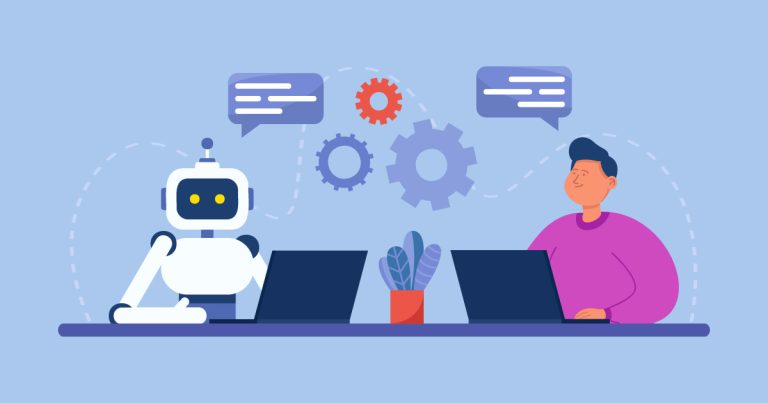
The Future of AI: What to Expect in the Next Decade
Artificial Intelligence (AI) has been the talk of the town for quite some time, but as we step into a new era, its horizons are expanding more rapidly than ever before. From healthcare to entertainment and beyond, AI’s influence is pervasive. So, what can we anticipate from AI in the upcoming decade? Let’s embark on a futuristic journey.
A New Wave of Automation
Personal Assistants: As AI gets more sophisticated, we can expect our digital assistants to be more proactive, understanding our routines, preferences, and needs to anticipate our requests.
Home Automation: Beyond the smart lights and thermostats, AI-driven home systems will predict and adjust to occupants’ needs, ensuring optimal comfort and efficiency.
Healthcare Revolution
Personalized Treatment: With AI’s ability to process vast amounts of genetic data, treatments can be tailored to individual genetic makeup, heralding a new era of personalized medicine.
AI-Driven Diagnosis: Advanced AI models will assist doctors, offering instant insights from medical imagery and reducing diagnostic errors.
Seamless Augmented Reality (AR) and Virtual Reality (VR)
AI-Enhanced Experiences: AI will fine-tune AR and VR experiences, making them more immersive and personalized. For instance, virtual shopping assistants could suggest products based on your past behavior and current trends.
Enhanced Natural Language Processing
Universal Translators: Imagine having a real-time translator during your overseas trips. AI will break down language barriers, allowing instant translation across myriad languages, dialects, and even regional nuances.
Emotion Recognition: Beyond words, AI will understand context, tone, and sentiment, enabling more genuine human-machine interactions.
Ethical and Responsible AI
Transparent Algorithms: There will be a push towards understanding AI decision-making, leading to the development of transparent, explainable AI models.
Bias Mitigation: Efforts will increase to develop algorithms that recognize and correct biases in data to ensure fair and equitable AI outcomes.
Environment and Conservation
Climate Modeling: AI will aid in creating detailed predictive models for climate change, enabling more accurate forecasting and mitigation strategies.
Wildlife Conservation: Using AI-driven data analysis, researchers can track and protect endangered species, predict poaching activities, and optimize conservation efforts.
EdTech Evolution
Personalized Learning: AI-driven platforms will assess individual student strengths, weaknesses, preferences, and pace, delivering customized learning experiences.
Virtual Classrooms: AI will enhance virtual learning environments, facilitating collaboration, and interaction in unprecedented ways.
Advanced Robotics
Emotionally Intelligent Robots: Beyond mere tasks, robots will understand and respond to human emotions, finding roles in therapy, eldercare, and companionship.
Swarm Robotics: We might see the rise of coordinated multi-robot systems (swarms) that can work collaboratively on tasks, from agriculture to search and rescue.
AI in Art and Creativity
Content Creation: AI will assist in film production, music creation, and even literature, introducing a new collaboration era between man and machine in the creative domain.
Artistic Tools: From AI-driven design suggestions to creative software that can predict artistic trends, the creative process will get a significant boost.
The Nexus of AI and Quantum Computing
The integration of AI and quantum computing could lead to unimaginably fast computations, opening avenues we haven’t even begun to explore.
The upcoming decade promises a synergy of AI with every facet of human existence. While challenges remain, especially concerning ethics, bias, and transparency, the potential benefits are transformative. As AI matures and integrates with other emerging technologies, the only limit is our imagination. The future is not just automated; it’s intelligent.